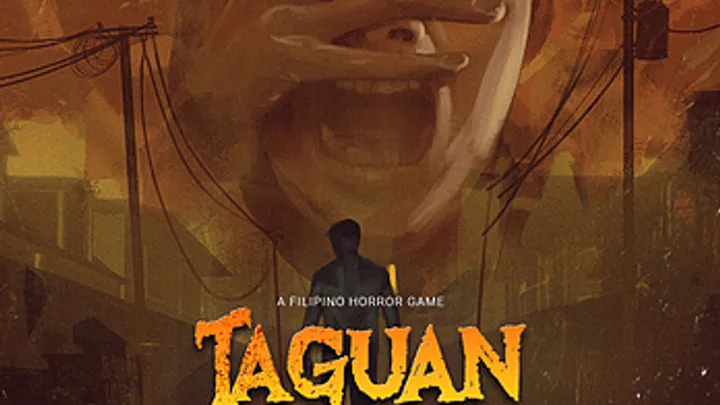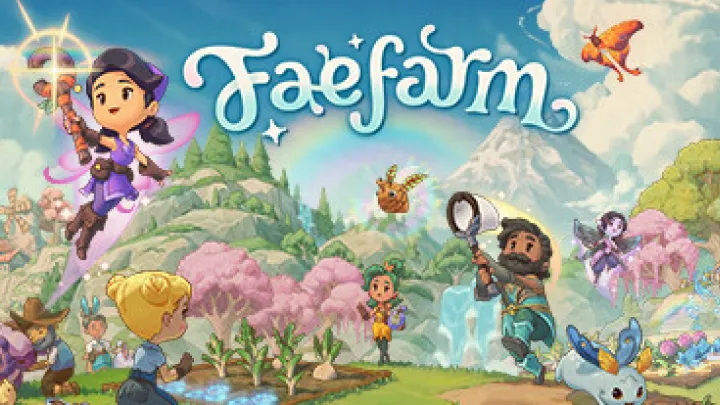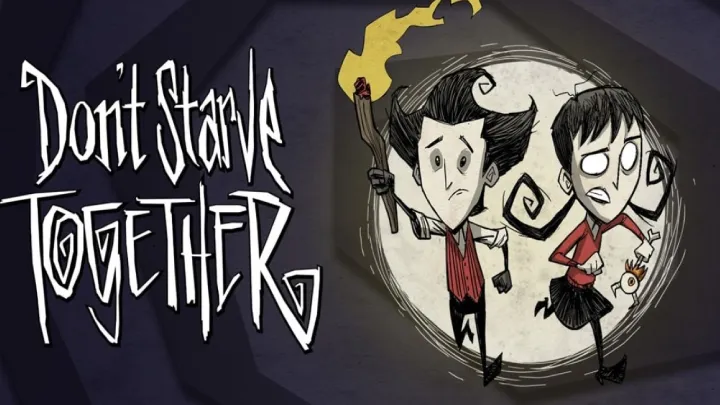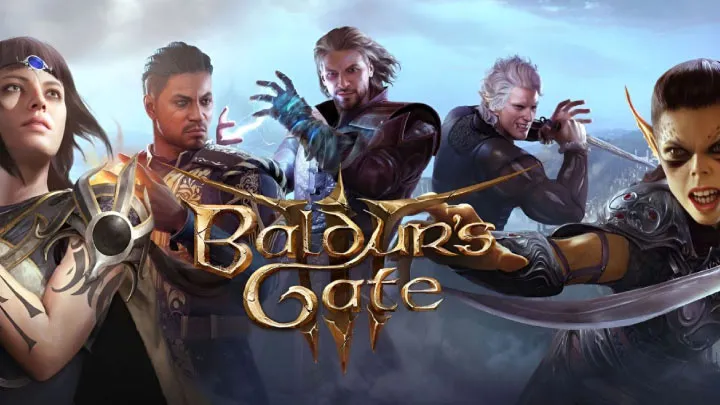
Introduction
The Stanley Parable: Ultra Deluxe, the expanded edition of the original indie classic, continues to perplex and entertain players with its unique exploration of choice, free will, and the nature of narrative in video games. Developed by Galactic Cafe, this refreshingly meta-narrative experience invites players to step into the shoes of Stanley, a man who finds himself alone in an office, confronted by a narrator guiding him through a series of absurd scenarios. Central to the game’s intrigue is its exploration of choice and the complex relationship between player agency and predetermined outcomes. This article will deeply analyze how The Stanley Parable: Ultra Deluxe examines the concept of choice, highlighting how the game subverts traditional storytelling, challenges player expectations, and ultimately presents a thought-provoking commentary on the nature of free will.
Setting the Stage: A World of Narration
The Premise of The Stanley Parable
The Stanley Parable begins with Stanley, an average office worker, who discovers that all of his colleagues have mysteriously vanished. As players guide Stanley through his vacant office, they are introduced to the omniscient narrator, whose voice serves as a guide—or perhaps a trickster.
- Narrative Framework: The game’s narrative structure is unique; it offers players a foundational experience wrapped in layers of commentary on storytelling itself. The narrator presents options, shaping players’ experiences while simultaneously poking fun at the conventions of video games and narratives.
- Interactive Exploration: The player's journey begins as they are prompted to make choices about which doors to open or paths to take, setting in motion the fundamental theme of choice—both in the literal sense of in-game decisions and in the philosophical exploration of free will.
This narrative premise sets the stage for a rich exploration of choice and its implications, unraveling the complexities of player agency within the confines of an interactive story.
The Introduction of Choice
The initial moments in The Stanley Parable highlight the mechanics of choice and the illusion of free will. Players face decisions that seem to have significant consequences, but the structure of the game begins to reveal itself.
- Choice and Consequence: The first major choice is between two doors. This seemingly simple decision leads to a variety of potential outcomes, emphasizing the game’s focus on choice and its immediate consequences. However, players quickly discover that, regardless of their decisions, the narration continues to guide them, resulting in a sense of inevitability that questions the authenticity of player agency.
- Subversion of Expectations: Each choice leads to a branching narrative, but many paths result in similar outcomes, subtly subverting player expectations. This design invites players to delve into the nature of choice itself; can true freedom exist in a pre-constructed narrative?
Through these early moments, The Stanley Parable lays a strong foundation for its examination of the complexities surrounding choice, making players question what it truly means to have agency in a story.
The Illusion of Choice: Narrative Constraints
A Playful Critique of Player Agency
As players continue through The Stanley Parable, the illusion of choice becomes more pronounced, showcasing how the game masterfully critiques traditional notions of agency.
- Guided Pathways: The playful nature of the game is underscored by the fact that, despite players being presented with choices, they are frequently guided back to a predetermined narrative structure. The narrator often humorously comments on their decisions, heightening the sense of being led along a path rather than truly exploring agency.
- Narrative Control: The narrator's role as a guide—or a manipulator—serves to remind players that their choices are ultimately controlled by the game's design. This tension invites players to consider whether freedom of choice is meaningful if it is framed within the boundaries of a designed experience.
This analysis of player agency within the narrative confines of the game reinforces the idea that the nature of choice is complex and layered, prompting deeper reflection on the player’s role within the game.
Confrontations with the Narrator
As the experience progresses, players have multiple confrontations with the narrator, creating an engaging dynamic that emphasizes the struggle between free will and narrative control.
- Meta Commentary: These interactions highlight a meta-commentary on the very act of gaming. Players are not only participants in the story but are also privy to the machinery of game design. The narrator often reveals the inner workings of the narrative, providing genuine insight into the illusion of choice while simultaneously mocking the player for not "following the rules."
- Emotional Engagement: The relationship between the player and the narrator evolves throughout the game. Some players may feel frustration at being guided, while others may relish the absurdity of the narrator’s commentary. This emotional engagement adds to the depth of the experience, creating an interactive narrative where player reactions vary widely.
By deepening the relationship between the player and the narrator, The Stanley Parable not only critiques free will but also invites players to participate actively in the evolving narrative experience.
Infinite Possibilities: Branching Narratives and Replays
The Concept of Replayability
One of the defining qualities of The Stanley Parable: Ultra Deluxe is its focus on replayability. Every choice leads to new pathways and outcomes, presenting players with a cornucopia of possibilities that maintain interest and engagement.
- Branching Paths: The multitude of branching narratives encapsulates the essence of choice. Players can revisit the game, making different decisions to uncover new paths and endings. This structure facilitates exploration and experimentation, encouraging players to delve deeply into the narrative’s complexities.
- Narrative Variability: With each replay, players encounter familiar scenarios that may diverge drastically thanks to their choices, allowing for a fresh experience each time. This variability not only enhances engagement but also prompts reflection on the significance of each choice made.
This design effectively shapes the player experience, emphasizing that the act of choosing continuously evolves within the narrative, which resonates with the underlying theme of choice.
The Meta-Narrative of Choices
As players explore infinite possibilities, The Stanley Parable also emphasizes the concept of meta-narratives, inviting players to examine the larger context of their choices.
- Self-Reflection: The awareness of replayability underpins a unique aspect of the game—self-reflection. Players become conscious of their own decision-making processes, questioning why they lean toward certain choices and what motivations drive them. This self-reflective lens enhances the gameplay experience, fostering a deeper understanding of personal agency beyond the confines of the game.
- Philosophical Musings: The game’s design prompts philosophical questions about the nature of choice itself. Are players genuinely making independent decisions, or are they simply following a path laid out for them? This question encourages a deeper understanding of agency beyond a simple binary of free will versus determinism.
Through its exploration of replayability and meta-narratives, The Stanley Parable elevates the discussion about choice, prompting players to ponder the complexities of their own decision-making processes.
The Conclusion of Choice and Agency
The Final Revelations
As players reach various endings, they may find themselves reflecting on the ultimate revelations about choice and agency presented throughout the game.
- Embracing Absurdity: The culmination of the game often embraces the absurdity inherent in the nature of choice. Many endings playfully illustrate the futility of seeking definitive answers or resolutions, echoing the philosophical musings on the human condition. Players may discover that the journey itself—filled with questions and varying outcomes—holds more significance than reaching a singular resolution.
- Acceptance of Uncertainty: The game emphasizes that life is filled with uncertainties, and sometimes, the choices we make lead us to unexpected paths. This acceptance enhances players’ understanding of their agency, teaching them that even in a structured narrative, life’s unpredictability can be embraced.
By bringing forth these final revelations, The Stanley Parable ultimately leaves players with a sense of philosophical contemplation, encouraging them to apply these insights to their own lives.
Legacy of The Stanley Parable: Ultra Deluxe
The impact of The Stanley Parable: Ultra Deluxe extends beyond its immediate gameplay experience, shaping the landscape of narrative-driven games and influencing how developers approach storytelling.
- Innovative Storytelling: The game's unique approach to choice, agency, and self-reflection has garnered attention and admiration, inspiring other developers to experiment with narrative mechanics. The constant playfulness and meta-commentary on the nature of video games have opened doors for deeper engagement in storytelling across the gaming realm.
- Cultivating Conversations: The rich themes embedded in the gameplay have facilitated conversations among players, allowing them to engage in discussions about choice, morality, and the essence of free will. This discourse elevates The Stanley Parable’s status as a cultural artifact, prompting ongoing explorations of its relevance beyond the digital realm.
This legacy solidifies The Stanley Parable's position as a landmark title in gaming, serving as an enduring example of the power of narrative and player agency.
Conclusion: A Reflective Journey
The Stanley Parable: Ultra Deluxe offers a unique and profound exploration of choice, agency, and the complexities of human decision-making. Through its engaging gameplay, rich narrative, and philosophical musings, the game invites players to reflect on their motivations, the nature of free will, and the absurdity of existence.
As players navigate through the various paths, confront their desires for meaning, and grapple with the illusions of choice, The Stanley Parable cultivates a memorable journey that transcends traditional gaming experiences. Ultimately, the game’s emphasis on self-reflection and the nature of choice leaves players with insights that resonate well beyond their time in the game, prompting them to contemplate the intricacies of their decisions and the narratives they weave within their own lives.


















